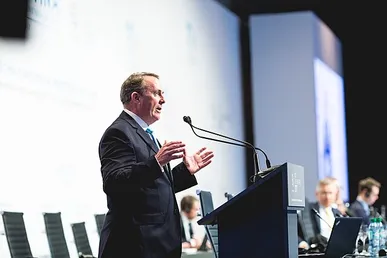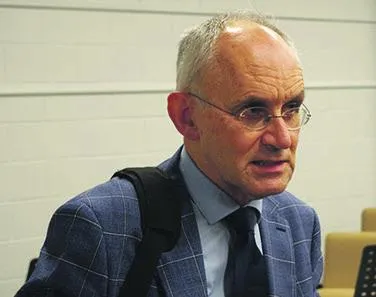
Concern mounts over assisted suicide bill as safeguards rejected

Nicola Laver
The assisted suicide bill is becoming mired in confusion and growing fears as days of parliamentary scrutiny unfold, with Kim Leadbeater MP appearing muddled about her own proposals.
Leadbeater said from the start that her proposals for assisted dying will be “the safest in the world”. But days of debate at committee stage have prompted growing alarm that it could allow the terminally ill to choose to die because they feel a burden on their loved ones – financially or otherwise.

Support wavers for assisted suicide bill

Nicola Laver
'The more the [assisted suicide] bill is scrutinised, the more obvious it becomes how dangerous it is for the most vulnerable in our society’, the Christian Institute (CI) has said.
Just four days after the CI’s warning, it was reported in The Times that some MPs who initially backed the Terminally Ill Adults (End of Life) Bill are wavering because of the removal of what was considered a key safeguard. On 11 February, Kim Leadbetter who sponsored the bill, said the requirement for High Court judge to rubberstamp a patient’s decision to end their life would be dropped.
A post assisted dying world: Three ways the church can prepare
On Friday, MPs backed the legalisation of assisted dying in England and Wales. Although the House of Lords may tweak and amend the legislation, it looks all but certain that assisted dying will become legal in some form in the UK.
Evangelicals have been members of a broad coalition of groups that have spent the last few months tirelessly fighting for this bill to be defeated. And many of us have prayed without ceasing that this day would never come.